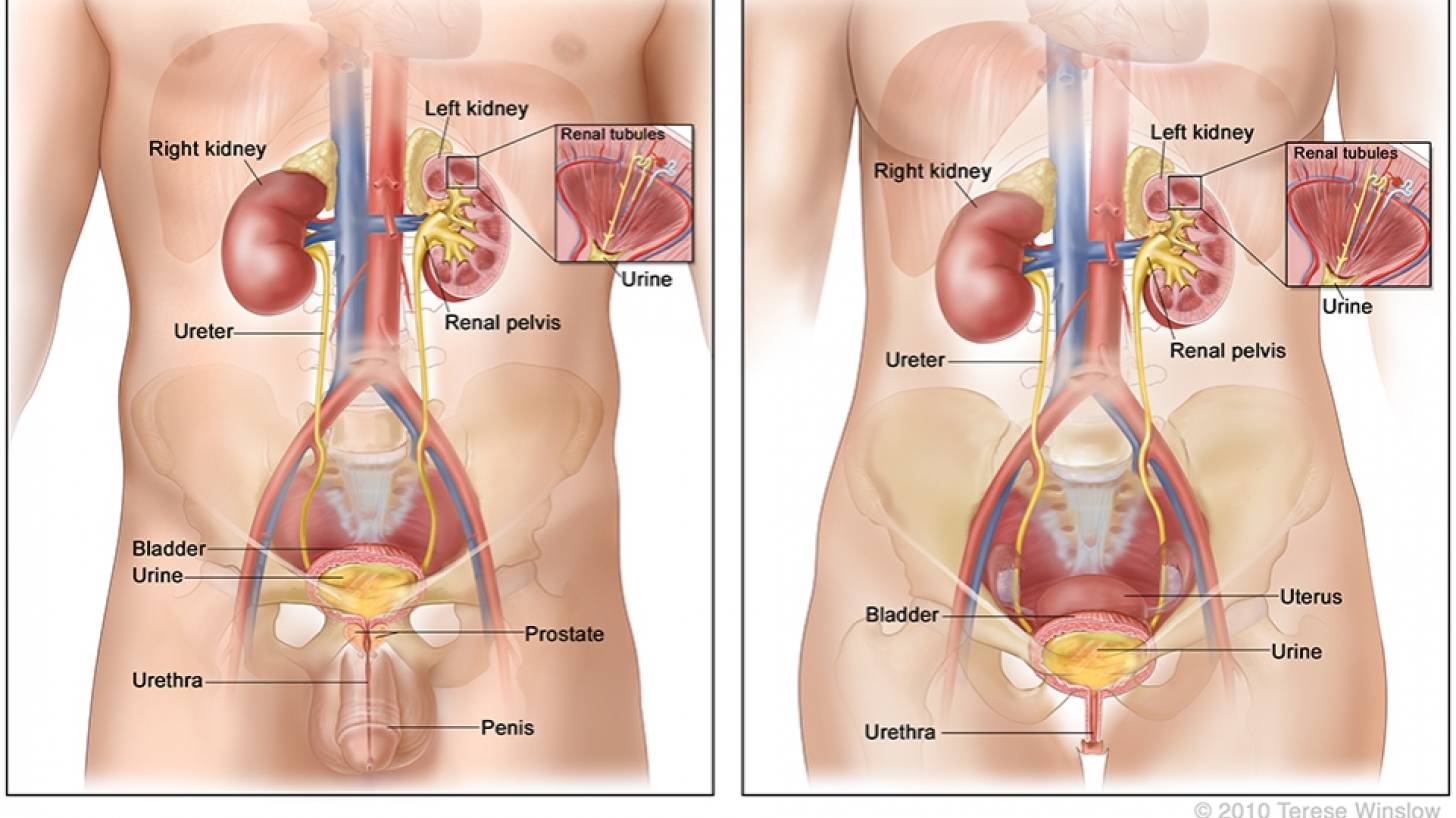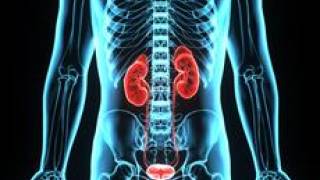Bladder Cancer Vaccine Therapy Offers Favorable Risk-Benefit Ratio

An innovative therapy that addresses the need for a safe, effective therapeutic option for bacille Calmette-Guérin (BCG) vaccine-unresponsive non-muscle invasive bladder cancer (NMIBC) patients posted additional good news today.
On February 5, 2024, ImmunityBio, Inc. announced that findings from Patient-Reported Outcomes (PROs) of participants in the phase 2/3 QUILT 3.032 study of (Anktiva™) N-803 plus BCG in bacillus Calmette-Guerin (BCG)-unresponsive NMIBC were published by the peer-reviewed journal Urology Practice.
These PROs support the positive interim results from the study published in NEJM Evidence, wherein 71% of patients in cohort A with CIS with or without Ta/T1 disease achieved a complete response.
The ongoing phase 2/3 open-label multicenter registrational study QUILT 3.032 is evaluating the safety and efficacy of the investigational interleukin-15 superagonist N-803 (Anktiva and nogapendekin alfa inbakicept, NAI) in combination with a standard therapy for NMIBC, BCG, in patients who failed or in whom cancer returned after BCG monotherapy, and thus were diagnosed as BCG-unresponsive.
"The self-reported stability of health and physical function throughout the study by the participants reflect another aspect of safety and tolerability of this new combination therapy," said Patrick Soon-Shiong, M.D., Executive Chairman and Global Chief Scientific and Medical Officer at ImmunityBio, in a press release.
"Taken together with the positive response rate in cohort A of over 70%, the persistence of responses, and cystectomy avoidance, these QoL findings suggest a favorable risk-benefit ratio for this potential new therapeutic option for patients with BCG-unresponsive bladder cancer."
The finding of the relative stability of global health and physical function during the study is similar to that reported by others for BCG monotherapy, suggesting the novel combination is as tolerable as treatment with BCG alone.
NMIBC represents approximately 75% of the 82,000 estimated new bladder cancer cases diagnosed in the United States in 2023. Bladder cancer is the fourth most common solid malignancy in men.
There were 16,700 estimated deaths last year, predominantly affecting males.
"Many current therapies for bladder cancer slow disease progression but can cause debilitating side effects," added Principal Investigator Karim Chamie, M.D., Associate Professor of Urology at UCLA.
"The QUILT 3.032 Quality of Life study data suggest that many patients not only have a durable response but also report no decline in physical function, which is very important for these patients."
N-803 has received both Breakthrough Therapy and Fast Track designations by the U.S. FDA for the treatment of BCG-unresponsive NMIBC CIS, as well as Fast Track designation for BCG-unresponsive NMIBC papillary and BCG-naïve NMIBC CIS.
N-803 is investigational, and its safety and efficacy have not been established by any Health Authority or Agency, including the FDA.
However, the FDA has set a user fee goal (Prescription Drug User Fee Act) for April 23, 2024.
The FDA has approved Merck's TICE® BCG vaccine for use in the U.S., which is used in this therapy.
Our Trust Standards: Medical Advisory Committee



